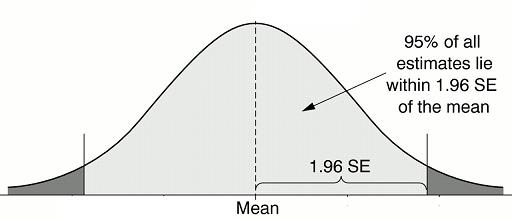Research is the process of a systematic and in-depth study or search of any particular topic, subject or area of investigation, involving collection, compilation, presentation and interpretation of relevant details or data. It is a careful search or inquiry into any subject matter, which is an endeavor to discover to find out valuable facts which would be useful for solving problems or improving existing solutions to problems. The research that involves scientific analysis would result in the formulation of new theories, the discovery of new techniques, modification of old concepts or a knocking-off an existing theory, concept or technique.
Research has proved to be a powerful tool in driving the mankind towards development.… Read the rest



